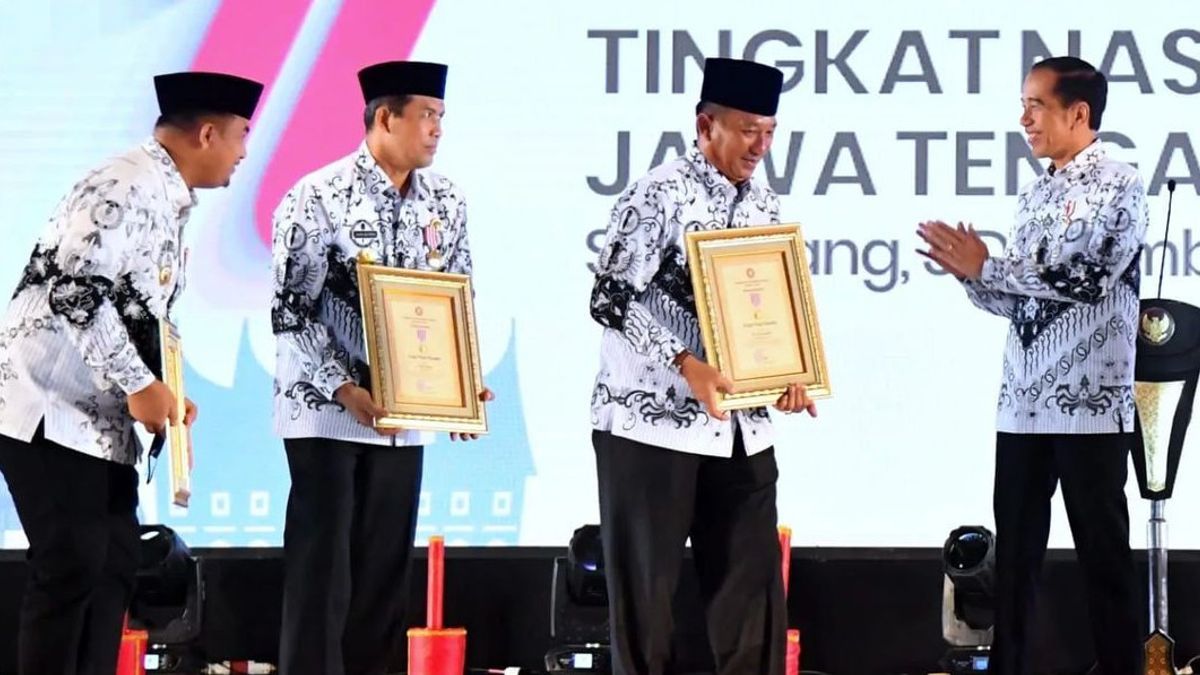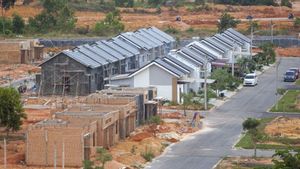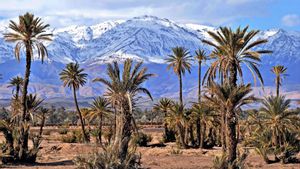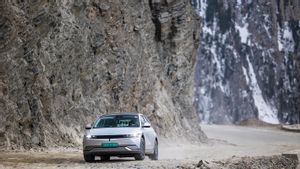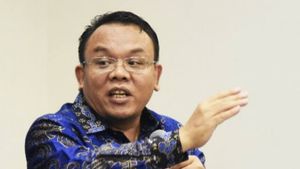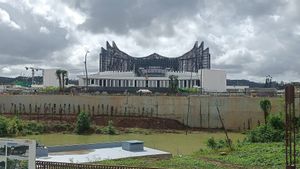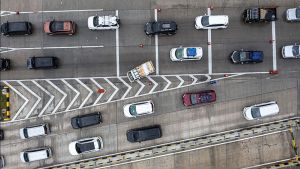The quality of education in Indonesia is still far from expectations. Look at the achievements of the 2018 Program for International Student Assessment (PISA), an international study of reading literacy, mathematics, and science achievements in 15-year-old students organized by The Organization for Economic Coordination and Development (OECD).
Indonesia, according to Bernada Rurit and Nugroho Dewanto in their book, Indonesia Towards 2045ggul and Technology is the Key', is ranked 72 out of 77 countries. Experiencing a decline from the assessment in the previous period, which was ranked 62 out of 70 countries in 2015.
The decline in the average value of Indonesian PISA occurred in all competencies tested. In reading competence, from 397 points in 2015 to 371 points in 2018. Meanwhile, the average value of the OECD state was 487.
The ability to read up to level 2 Indonesian students is only around 30 percent. Meanwhile, the average competence of reading students in OECD countries has reached 77 percent. This means that Indonesian students have difficulty interpreting the contents of the reading with the long script," said Bernada and Nugroho.
For math, only 28 percent of Indonesian students are able to achieve level 2 or more skills. In fact, the average student in OECD countries has reached 76 percent. As for science capabilities, only 40 percent of Indonesian students are able to be at level 2 of the level of mastery. Meanwhile, the average OECD, reached 78 percent.
Reference at level 2, means that students can recognize the right explanation of a phenomenon and can identify it using their knowledge.
Likewise at the university level. Bernada and Nugroho said that the University of Indonesia, which is the leading country, is still in the 801 position out of 1,500 universities in 93 countries in The World University Ranking2021 which was released byTimes Higher Education (THE).
So the question arises whether Indonesian Human Resources (HR) are ready to welcome the Industrial Revolution 4.0? Can Indonesia take advantage of the demographic bonus?
President Joko Widodo (Jokowi) on several occasions continues to emphasize the development of superior human resources. As in the peak event of the 77th Anniversary of the Indonesian Teachers' Association (PGRI) and the 2022 National Teacher's Day (HGN) in Semarang on December 3, 2022.
There are three main components in printing superior human resources. First, mastery of science and technology as well as improvements in technical skills that are relevant to the times. Related to this, teachers must be creative and continue to renew their abilities in the teaching process with various new sciences and technologies that continue to emerge.
Teachers must always update information and the most important process in teaching, in my opinion, right now is how the teaching process is so that children have good critical power so that flexibility is needed, not rigid, it must be flexible because the knowledge develops very quickly," Jokowi said.
Second, mentality and character. Be polite, honest attitude, good character, caring for others, hard work, and being able to work together are increasingly important to be taught and must continue to be built.
Strong national character, Pancasilaist character, moderate, tolerant, who knows about Bhinneka Tunggal Ika, this is also a must," he added.
The third component is physically healthy. Physical and mental must be healthy.
"So, superior academic achievements, superior skills, but also superior social and national character, and superior physical health. Must be complete, this is a tough task for all of you, ladies and gentlemen," added Jokowi.
Similar and Nugroho also admits creative thinking and critical thinking is an important point. Creativity is very important to get around all limitations, solve problems in various aspects of life, as well as create opportunities. The ability of students to think creatively can determine success in learning.
Good teachers must be able to manage classes so that students can think creatively. Interactions between teachers and students must be built so as to produce creative thinking construction, "they said in the book Indonesia Towards 2045ggul and Technology is the Key'.
There are five indicators of creative thinking, namely:
Critical thinking is the ability to think clearly and rationally about what to do or what to believe to be the truth. Critical thinking is not just the ability to gather information, but can also use it to solve problems.
Students who can think critically will ask 'how' and 'why'. It's not just 'what' happened to an event. He will look for evidence that supports a fact. If needed, he will argue in a reasonable way, not emotionally.
Against an event, students who are critical are open to more than one explanation. He is able to compare diverse answers and determine which is the best. Generally, students who have a critical tendency are those who like to ask questions. In addition, critical children are usually creative, diligent, and objective," added Bernada and Nugroho.
Indeed, not only the competence of educators, curriculum and educational facilities are also an absolute requirement to produce good quality in the education system.
The English, Chinese, Japanese, Arabic, and French versions are automatically generated by the AI. So there may still be inaccuracies in translating, please always see Indonesian as our main language. (system supported by DigitalSiber.id)
